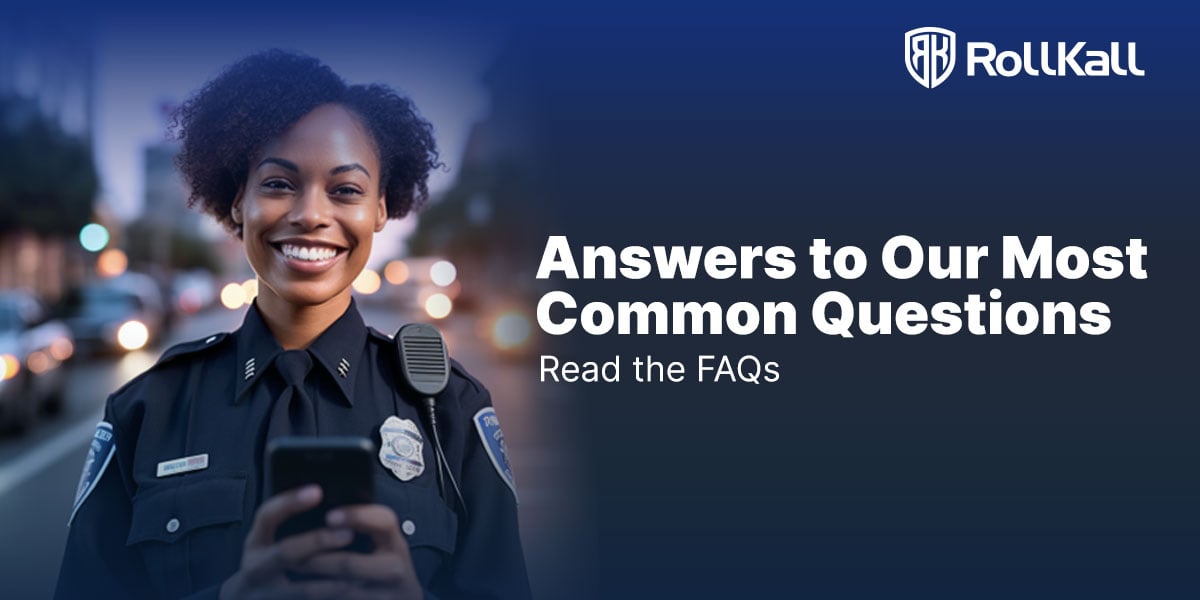Download the free guide
Aenean eu leo quam. Pellentesque ornare sem lacinia quam venenatis.

Off-duty is a necessary component of law enforcement for agencies and officers - the officers want and need the extra jobs and the agency needs to monitor, manage and serve the community requests in the best way possible. In this day and age, it’s vital to find a solution to help manage the ever-increasing demand. When it comes to solutions, there are typically two camps: managed services by a 3rd party company or managed in-house with extra-duty software for scheduling, invoicing and payments.
Managed Services
With managed services, an outside company handles everything. When we say everything, we mean everything. Booking the jobs on behalf of the community, scheduling officers, invoicing the business, paying the officer, managing call offs, coordinating special events, etc. This is a completely outsourced service.
The Pro’s
It’s easy. Hiring an outside service to manage extra duty jobs means they do everything, from coordinating to collections. This is a completely hands-off approach. Agencies with limited bandwidth (as if that isn’t everyone these days) like this approach.
The Cons
It’s expensive. Hiring someone to do the administrative piece can be costly when budgets are already tight.
The agency has less control. This approach can cut out coordinators, and the perks they realize in that role (like relationship building with other officers or any fees they may be able to accrue).
Extra-Duty, Do-it-Yourself Software
Another option is police scheduling software specific to extra-duty jobs (or off-duty jobs, overtime hours or secondary employment). This keeps the whole process in-house, so you’re still taking care of the off-duty needs but the software provides a tool to make the process easier.
The Pros
Less expensive. Software that helps manage off-duty is just that: software. It’s a tool that simplifies the process and increases efficiency.
Coordinators maintain their autonomy. Most coordinators like running off-duty. It helps them meet everyone agency-wide, stay connected with community businesses and they get perks - like always working their favorite extra job.
Flexibility. When looking for off-duty technology, make sure the software you select is flexible enough to accommodate all agency needs and policies and automates much of the reporting and auditing process.
Officer Ease. The cops using the technology also have easy access to jobs with location and pay information, as well as methods of getting paid faster and easier.
The Cons
Requires change. Change can be hard, particularly when staff has been using the same process for a long time. Moving to a new system may require some change management efforts during implementation.
How do you get both?
Sometimes, off-duty software allows the flexibility of both, like RollKall which offers off-duty software and can also execute managed services. This means you can keep off-duty in-house… until you don’t want to. For example, an agency can keep managing large custom events in-house but take it external for all recurring general security requests. The key is flexibility.
Off-duty work has a long tradition in policing, but most agencies are still managing the details using outdated practices, tools and technologies. These outdated management techniques have yielded cumbersome processes for a part of policing that is secondary to their main objective of protecting the public, especially given the recent increase in community demand. It’s important to recognize that the process needs improvement to move forward with the best option to meet agency needs.
Get the latest content delivered straight to your inbox!
Related Posts


Want more information about RollKall? Let us know a bit about you, and we’ll get back to you as soon as possible with more information and next steps!










